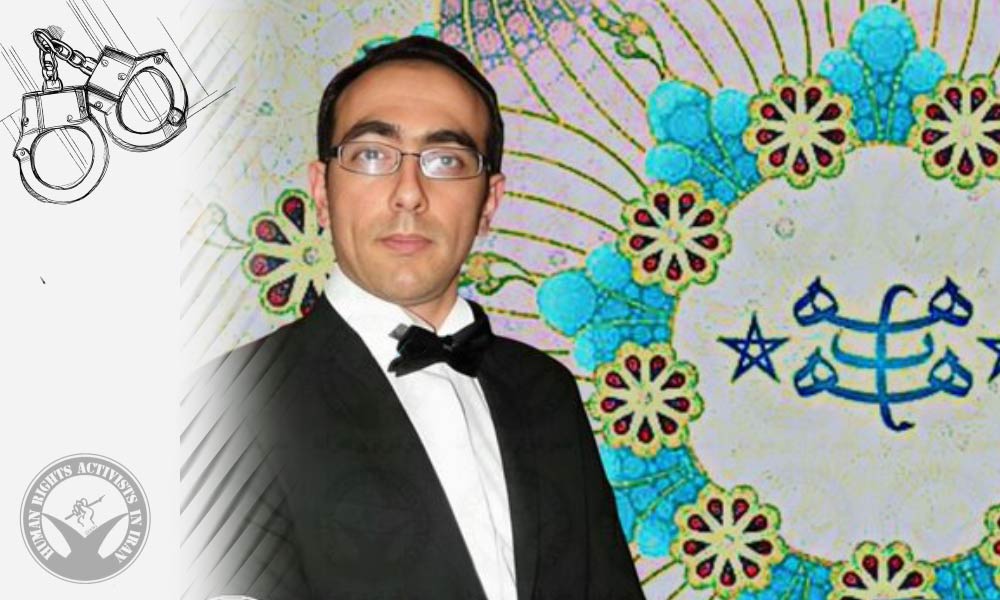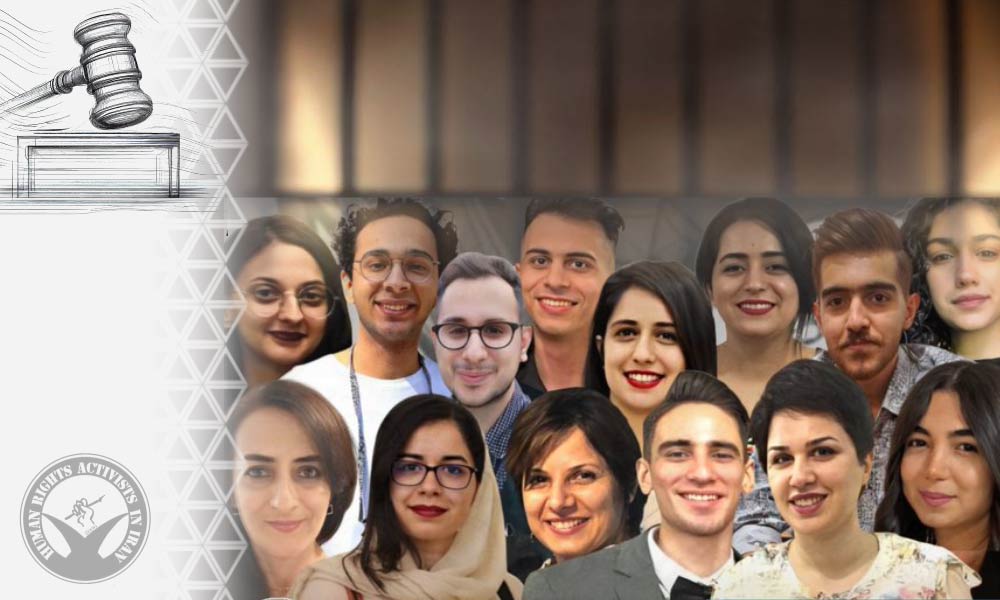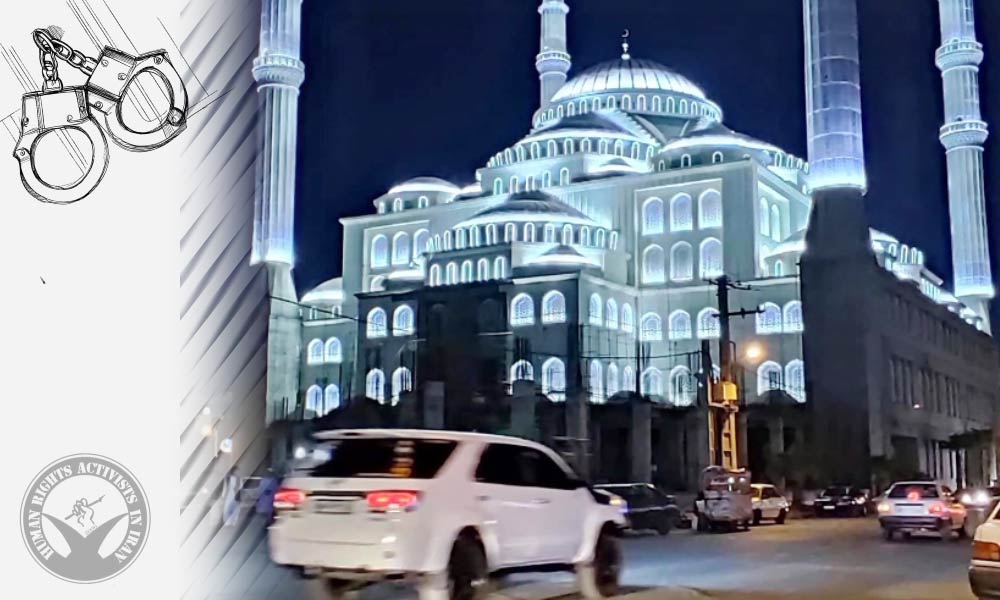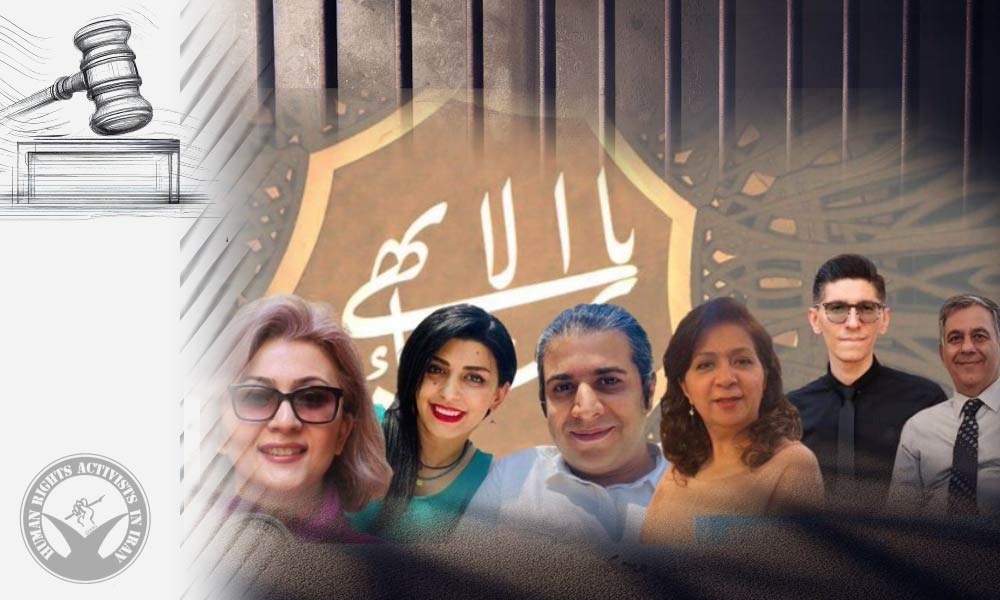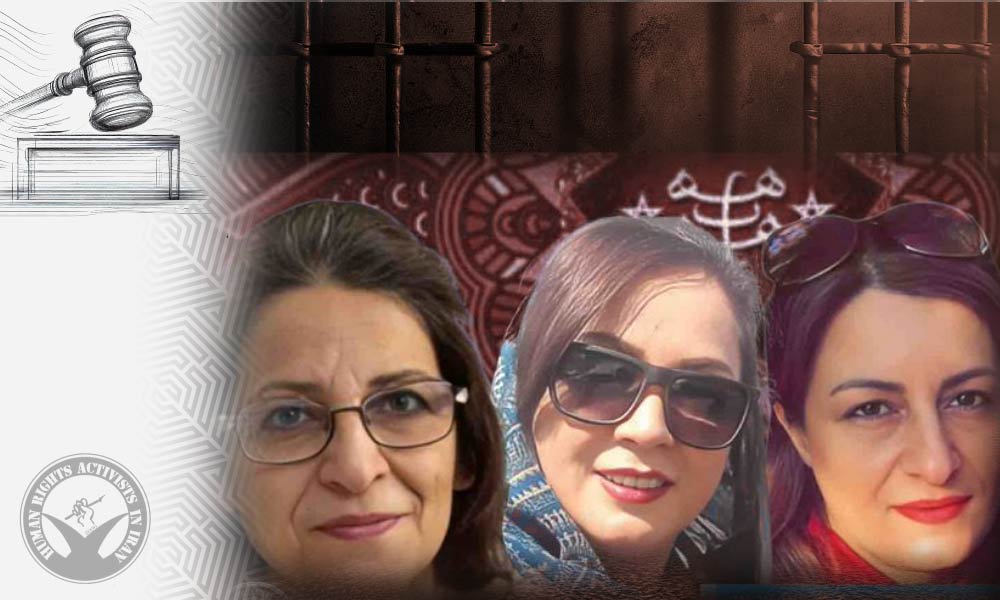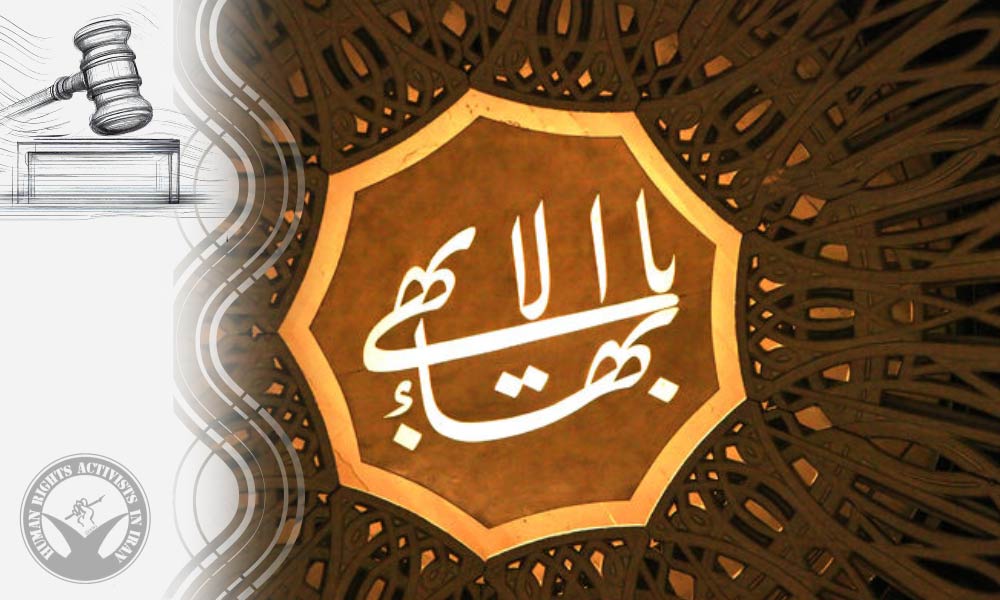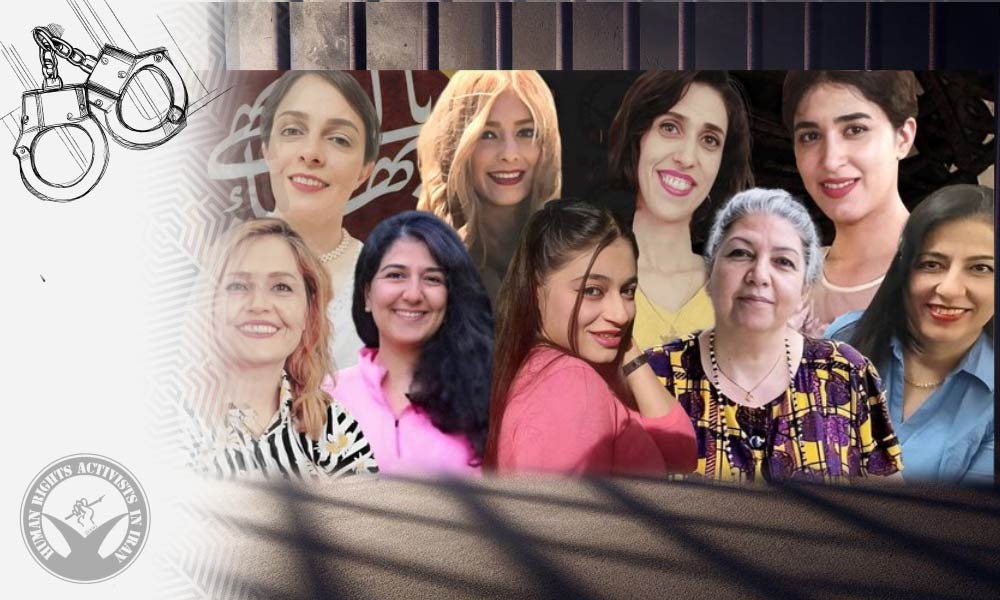The Mashhad Revolutionary Court has handed down an eight-year prison sentence to Sirus Zabihi Moghadam, a Baha’i resident of Mashhad.
Zabihi Moghadam was convicted of seven years for “membership in anti-regime groups” and an additional year for “spreading propaganda against the regime.” Should the verdict be upheld on appeal, Article 134 of the Islamic Penal Code mandates the enforcement of the harshest punishment in cases involving multiple charges, resulting in a seven-year prison term for Moghadam.
Arrested in September 2022, Zabihi Moghadam was released on bail after two months.
The Baha’i faith is not recognized as a legitimate religion by Iranian authorities, leading to systematic and longstanding violations of the rights of Baha’is in the country. This includes the denial of their fundamental right to practice their religion, which constitutes a clear breach of both Article 18 of the Universal Declaration of Human Rights and Article 18 of the International Covenant on Civil and Political Rights. The United Nations covenant holds that every person has the right to freedom of religion, freedom of converting religion, as well as freedom of expression, individually or collectively; openly or secretly.






